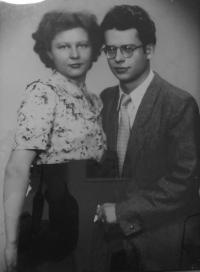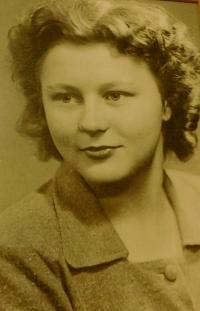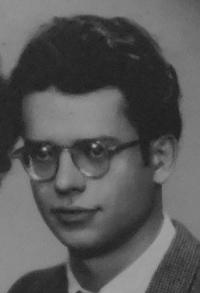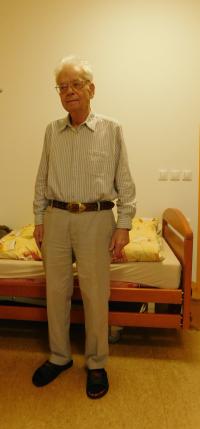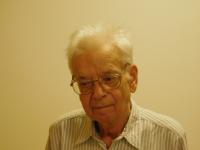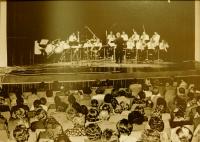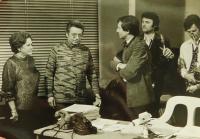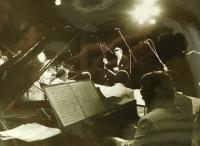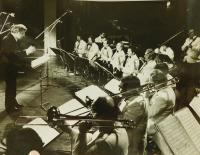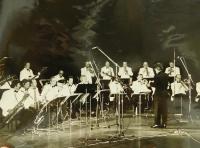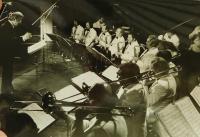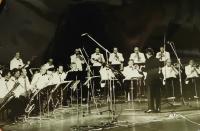He led an AEC band

Download image
Radoslav Mather was born on 3 May 1928 in Římice. He grew up in Grygov near Olomouc. In September 1944 the whole of his class at the business academy in Olomouc were sent to forced labour. He had to repair aeroplanes for the German war industry and later dig anti-tank trenches around Olomouc. In 1948 he successfully graduated from the business academy and took up employment as a clerk at Moravia, a firm in Hlubočky near Olomouc. He was reported by a member of the company’s Communist Party organisation and summoned for questioning by State Security sometime around 1950; he was consequently assigned to military service in the Auxiliary Engineering Corps in October 1950. He was sent to the “Kamchatka” cabins of the 55th Battalion of the AEC in Ostrava-Radvanice, where he spent two years and eleven months working in Hedvika and Prokop Mines. All the while, he had a wife and baby son waiting for him at home. Radoslav Mather is a lifelong musician. He played in several orchestras and bands, some of which he led - including one in the AEC. In 1959 to 1977 he was even employed as a professional musician at Prafokoncert. He performed in a bar band in the wine shop of Palace Hotel in Olomouc. As of 2018, he lives in Olomouc-Chválkovice.
